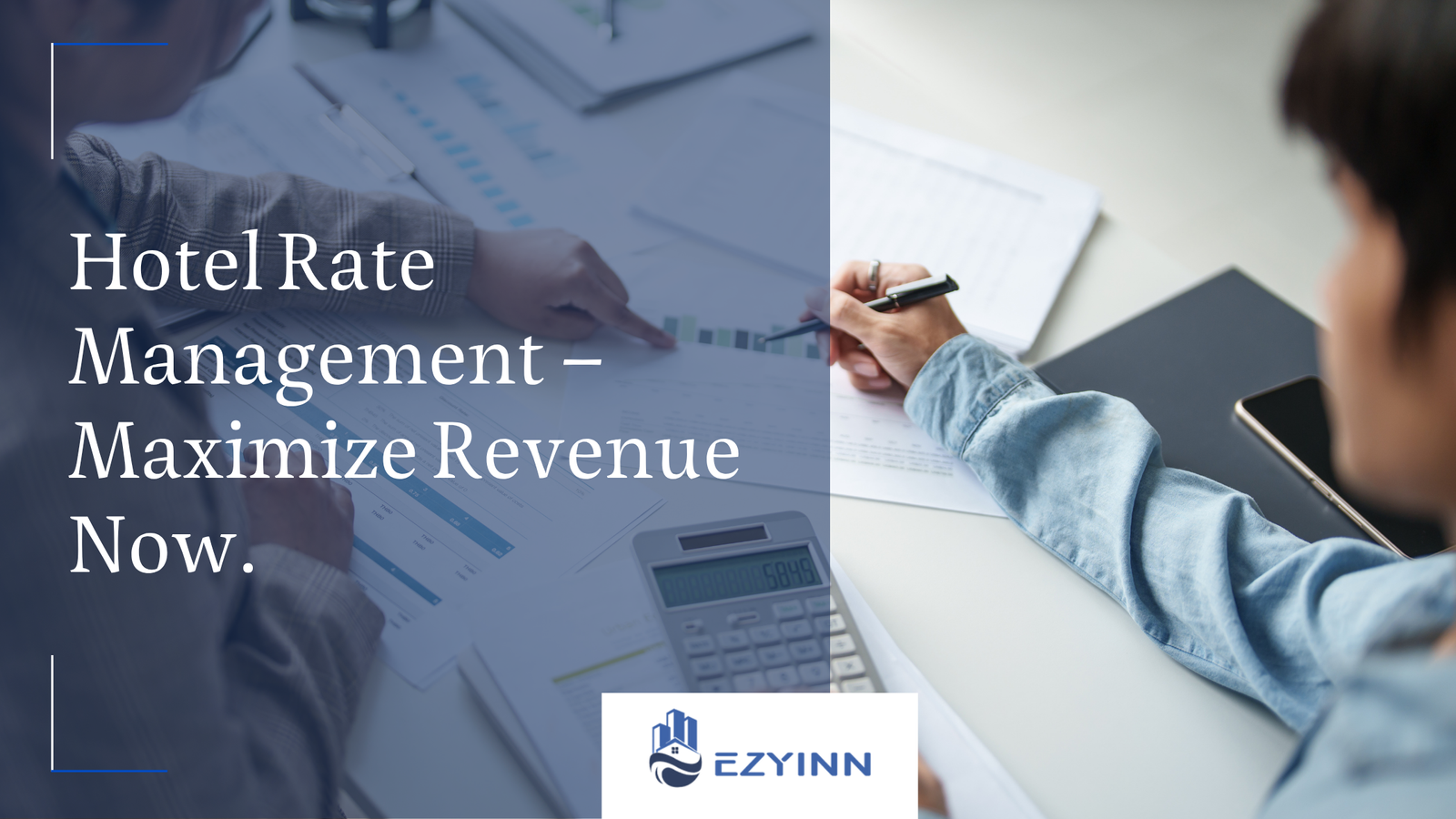In today’s fast-paced and competitive hotel sector, hotel rate management is something that is very necessary for achieving profitability and remaining competitive. It is also beneficial to have it. It doesn’t matter if you run a chain hotel or a boutique hotel; the pricing of your rooms can either make or break your business. Nevertheless, rate control encompasses more than just changes in rates depending on occupancy. Maintaining a profitable firm requires familiarity with the market, the ability to forecast demand, the utilization of appropriate technologies, and the implementation of intelligent pricing strategies.
The Most Common Errors in Hotel Rate Management and How to Avoid Them
There are several advantages to rate control, but if it is not done properly, it could lead to significant errors. Many pitfalls to steer clear of:
- Neglecting the Data of the Virtual Market: If you avoid looking at trend charts, event calendars, and comparable prices, you are essentially flying blind. Data is your friend when it comes to rate management.
- An over reliance on online travel agencies: In spite of the exorbitant fees they charge, Booking.com and Expedia are both excellent software tools. An over reliance on online travel agencies (OTAs) may be detrimental to customer relations and income.
- There is no strategy for segmentation: Spending and expectations of guests are not the same. The manner in which various consumers, ranging from vacationers to business travelers, are treated can have an impact on the rate of conversion and long-term loyalty. With effective hotel rate management, properties can optimize occupancy rates while ensuring profitability across all booking channels.
Establishing Best Practices for Efficient Hotel Rate Management
You will be able to properly regulate rates with the help of these best practices. Making use of past data, booking trends, and market signals, this system forecasts demand patterns. Plan for peak hours and change prices accordingly. To attract a diverse range of guests, you should consider offering tiered pricing, such as refundable versus non-refundable, breakfast included against room-only. Make available outstanding deals for direct bookings. The ability to book conveniently is made possible for visitors via free upgrades, early check-in, and loyalty points. Maintain constant vigilance over occupancy, average daily rate, and revenue per available room, and make necessary adjustments. In order to minimize any confusion, the front desk, marketing, and revenue management should all come to an agreement over pricing, promotions, and goals.
Price Policy Is Affected by Rates That Are Equal
Rate parity refers to the practice of maintaining the same rates for lodging across all internet channels. Despite the fact that it promotes fairness and reduces the amount of undercutting, it can restrict the incentives for direct booking. For the purpose of maximizing direct reservations while preserving tariff parity. It would be more beneficial to provide free breakfast and parking rather than discounts. To convert online travel agencies (OTA) visitors into direct brokers, you can use loyalty club pricing or exclusive rate programs, as well as email and retargeting.
Hotel Rate management: What the Future Holds?
The management of rates and motels is always evolving. The future is being reshaped by artificial intelligence, machine learning, and big data, which are also enabling smarter pricing. In addition, personalization is important. Dynamic pricing, which takes into account elements such as market conditions, guest behavior, demography, and preferences, has become the new standard. Hotel rate management is essential for maximizing revenue by dynamically adjusting room prices based on demand, seasonality, and competitor pricing.
Rate management systems that prioritize mobile devices, voice-activated pricing control, hyper-segmentation, and artificial intelligence-powered price engines. In order to maintain a competitive advantage, rate control must continue to evolve alongside the demands of customers. Hotel rate management is not merely a tool; rather, it is fundamental to your success. By utilizing the appropriate data, tools, and strategy, it is possible to transition from bookings to revenue.
Conclusion
In the year 2025 and beyond, the success of your hotel will be determined by its capacity to adjust to shifting market conditions, tailor the experiences of its guests, and make use of data. Acquire the appropriate tools, provide your staff with training, and continue to improve. Seek the advice of seasoned income managers or investigate automated solutions that are adapted to the size and requirements of your hotel. With the proper rate management solution, your company has the potential to undergo a transformation, increase occupancy, and earn new revenue. At Ezyinn Technologies, we provide top hotel rate management services to meet all your business needs. Get in touch with us today at +1 (408) 715-3635!









